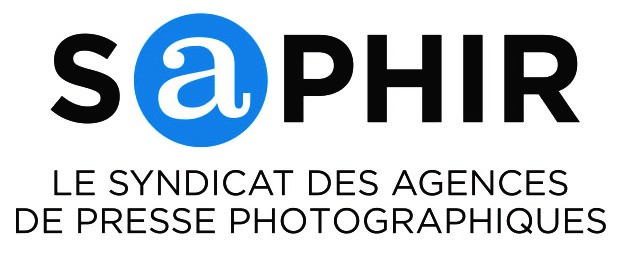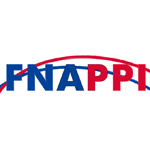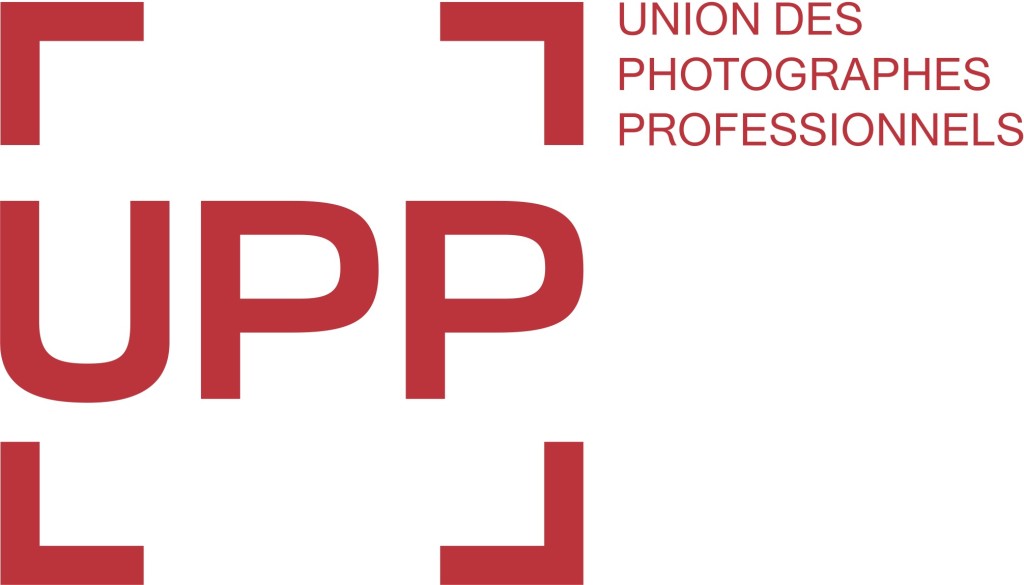BACKGROUND. On 25 April 2018, the Advocate General of the CJEU delivered his Opinion on whether a work first copied from a freely accessible website to a home server and then uploaded to another website constitutes a “communication to the public“ i.e. is protected by copyright. The specific case concerns a photo of the city of Córdoba included in a school presentation in North Rhine-Westphalia. The presentation had been uploaded to the school’s website by a Student. The student had not framed the photo but downloaded it to her own server from a freely accessible website on the Internet. The photographer, Dirk Renkhoff, sued the State of North Rhine-Westphalia, as the employer of the teachers of the Student at the School, for infringing his right of reproduction and his right to make the work available to the public on the basis of article 3(1) of the InfoSoc Directive.
The case went through all instances until finally the Bundesgerichthof submitted a question to the CJEU (Case No. I ZR 267/15). In the case of linking and framing, the CJEU has already ruled several times that generally there is no “communication to the public” in the absence of a new audience (see C-466/12 – Svensson, C‑348/13 – BestWater; C‑160/15 – GS Media). Does a communcation to the public take place when a photo freely available on freely accessible website has been previously downloaded on a server? In other words does the complex framing jurisprudence of the CJEU applies to the case at hand as well ?
The advocate General has come to the conclusion that there is no “communication to the public” following a reasonning outlined here.
CEPIC, EVA, the European Federation of Journalists and Pyramide Europe have now issued the following Statement.
JOINT Statement on the advocate general’ opinion of 25 April 2018 – Land NRW vs Dirk Renckhoff – CJEU 161/17
The undersigned organisations represent photographers, photojournalists, journalists, painters, sculptors, designers, architects and street artists.
Our organisations are deeply concerned that the statement of the General Advocate (GA) to the Court of Justice of the European Union, Mr MANUEL CAMPOS SÁNCHEZ-BORDONA, dated 25 April 2018 and concerning the case C–161/17 – Land NRW vs Dirk Renckhoff could, if implemented, strongly damage authors’ position and the protection of their authors’ rights. We believe that the damage caused by the expropriation of authors require an immediate action by the European legislator.
Our members are much concerned that the General Advocate’s interpretations of EU legislation and jurisprudence applicable to hyperlinks and hot links in a school environment are denying the fundamental right of authors to rightfully exploit their works. In particular, the interpretation of what should constitute a “new” public could have devastating consequences for all authors willing to make their work available online.
Acts of communication to the public that are based on an act of reproduction – by storing copies of protected images on a server – before uploading on the internet have always required the consent of the authors and other right holders.
The GA advocates conditions for the recognition of authors’ rights. According to his statement, a photographer, for example, must deploy technological measures to protect her work – otherwise she should not even be able to benefit from the protection of authors’ rights law in case of infringements. However, it is broadly known that authors generally cannot enforce the use of paywalls and other technical control measures on those to whom they license images. By denying rights over subsequent uses not only for framing and embedding (making the work available to the same – internet – public) but also where a download to a different server takes place: this is unacceptable and a clear breach of authors’ rights.
The undersigned organisations urge the Court of Justice of the European Union not to follow the General Advocate’s interpretation of laws and jurisprudence.
At the same time they demand that EU legislators immediately:
– Clarify the EU legislation on digital reproductions and communication to the public within the framework of the Draft Directive on Copyright in the Digital Single Market and abandon the “new public” doctrine.
– Clarify that authors, including visual authors, and their representatives must not be forced to introduce technical protection measures, such as access control and pay walls, when they post their protected images on online services and ensure that the lack of protection measures does not remove authors’ from legal protection.
– Limit any exception to exclusive rights to clearly-defined cases of not- for-profit use which must comply with the Berne convention’s the Three-Step-Test and fulfil the strict condition of ensuring remuneration of all authors concerned, through mandatory collective management where appropriate. Exceptions that do not comply with these conditions should be null and void.
Yours sincerely,
CEPIC As the Center of the Picture Industry, CEPIC federates 600 picture agencies and photo libraries in 20 countries across Europe, both within and outside the European Union. It has affiliates in North America and Asia. CEPIC’s membership includes large and smaller stock photo libraries, major photo news agencies, art galleries and museums, video companies. CEPIC has among its members the big global players such as Getty, Shutterstock or Reuters. Through this membership, CEPIC represents more than 250,000 authors in direct licensing. The annual CEPIC Congress extends CEPIC’s network on all five continents. It is the largest global gathering of the international photo community representing 90% of the market worldwide. http://cepic.org/
EFJ The European Federation of Journalists (EFJ) is the largest organisation of journalists in Europe, representing over 320,000 journalists in 70 journalists’ organisations across 44 countries. It fights for social and professional rights of journalists working in all sectors of the media across Europe through strong trade unions and associations. It promotes and defends the rights to freedom of expression and information as guaranteed by Article 10 of the European convention on human rights. The EFJ supports its affiliates to foster trade union development, to recruit new members, and to maintain or create environments in which quality, journalistic independence, pluralism, public service values, and decent work in the media exist. http://europeanjournalists.org
EVA European Visual Artists (EVA) represents the interests of authors’ collective management organisations for the visual arts. EVA gathers 27 European collective management organisations in 23 countries. They manage collectively authors’ rights of 100,000 authors of works of fine art, illustration, photography, photo journalism, design, street art, architecture and other visual works. They issue licenses for analogue, digital and online use of works for museums, libraries, archives, publishers, producers of merchandising products and any other using visual repertoire. EVA members also manage the resale right of art works. They collect and distribute remuneration rights such as private copying and reprography and they are part of an efficient International network. http://www.evartists.org
PYRAMIDE EUROPE Pyramide Europe is the organization representing mainly groups of professional photographers, but some of the members represent also graphic designers, illustrators and other visual artists in the European Union. The Pyramide Europe members represent over 20000 photographers and other visual authors. Pyramide’s name comes from the site of its first meeting in 1989, the Pyramide of the Louvre in Paris, where the founding members signed a declaration of ten items of fundamental legislative importance to photographers and artists – the Manifesto of the Pyramide. This manifesto binds Pyramide and encompasses the rights of creators with regard to their copyright and moral rights. As a European Economic Interest Group, Pyramide Europe represents many of the member states and is establishing contacts with the new group of nations. http://pyramidenorden.eu/pyramide-europe
















